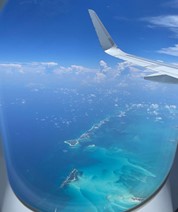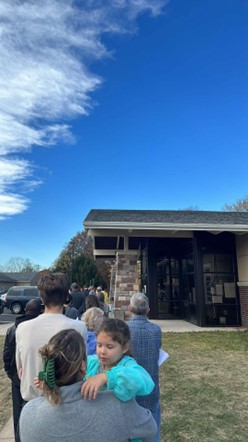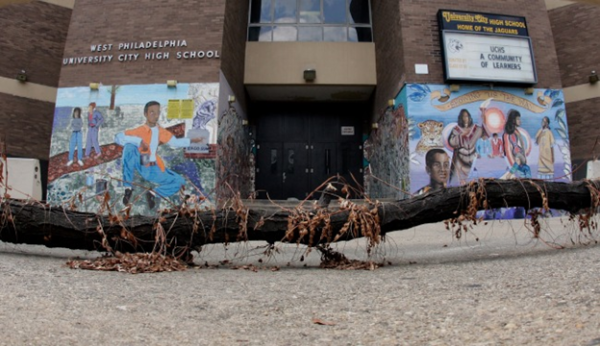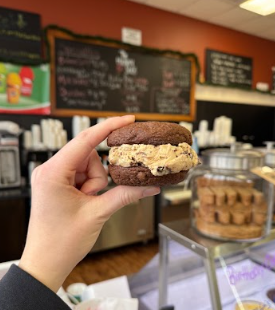Paradise No More
Hawaii feels the effects of over-tourism

Flying over paradise. June 26, 2022
Tourism is a worldwide craze of traveling for business, sports, entertainment, or recreation; however, these adventures have led to the demolition of our planet. To ensure that tourism can effectively continue, we must educate the public on conserving and protecting a newly entered environment. One of the most sought-after destinations in the tourism industry is the Hawaiian islands, which have recently shown signs of natural resource depletion as the region’s consumption rates rise above natural production rates.
Hawaii has shifted the island’s economic focus to the changing needs of tourism and relied heavily on the constant flow of visitors. According to Britannica, Hawaii’s leading economy is generated through travel expenditures and allows for transportation, infrastructure, government, and business development. In reference to the economic benefits of tourism, senior financial advisor of Merrill Lynch Wealth Management, Christine Smith, said, “some countries and islands rely purely on tourism as a way to support their economy. The travel industry is essential to almost all economies around the world.”
Since the tourism ‘boom’ in 1960, Hawaii has dealt with the concerns of over-tourism decreasing the availability of land and water sources, forcing residents and travelers to deal with limited water access and inflated living costs. In reference to the frequent human effects of tourism, Sabrina Bates, an environmental sciences teacher at Pennridge high school, said, “tragedy of the commons is the main effect by humans because people come in and feel that since they are on vacation, they don’t have to act a certain way. They leave trash, don’t come prepared, take natural resources as souvenirs, and think there are no rules.” For tourism to continue, humans must first become adequately educated on the ecosystem they enter, take responsibility for their waste, and leave the land as they enter. To capture memories and maintain balance in an ecosystem, tourists can take photographs to capture their memories and avoid destroying these beloved picturesque places.
Sources:
https://anintroductiontotourism.weebly.com/environmental-impacts.html
https://school.eb.com/levels/high/article/tourism/544408
https://market-width.com/blogs/Importance-Tourism-Industry-Economic-Value.htm
https://www.planetware.com/world/top-rated-tourist-attractions-in-the-world-cam-1-40.htm
Alexa Stachel, Grade 12. Interests/hobbies include Mini-THON, NHS, cheer, traveling, the PALS Program, and music. Alexa plans to attend the University...




